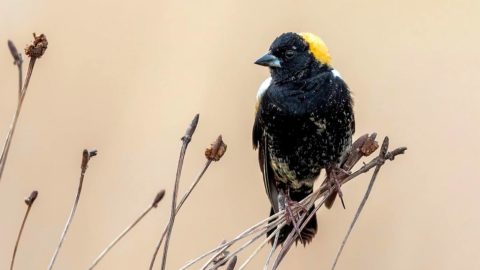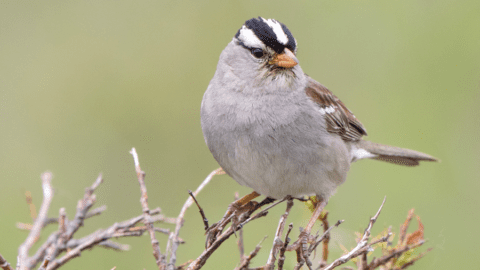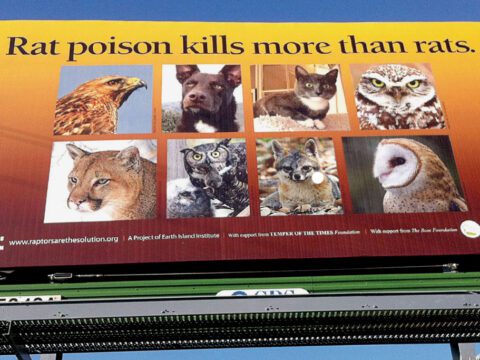On Pesticides, EPA to Finally (Partly) Follow the Endangered Species Act
June 22, 2022This short article is a sidebar to our main story on neonicotinoid pesticides and their effects on birds.
Under the 1973 federal Endangered Species Act, the U.S. Environmental Protection Agency is supposed to conduct analyses to see if a new pesticide will harm any ESA-listed species—and if so, the EPA is supposed to consult with the U.S. Fish and Wildlife Service and the National Marine Fisheries Service before registering it for use. The idea is to avoid releasing a new pesticide that will further damage threatened or endangered animals or plants, or to mitigate potential negative effects.
But for nearly 50 years, the EPA has consistently failed to do so. That appears to finally be changing.
Under a new policy announced in January, the EPA has committed to consulting with the USFWS and NMFS, as the law has long required. Although a new pesticide might still be registered prior to the completion of the consultation (a process that could take several years), the agency said it will reserve the right to retroactively restrict how, where, and in what quantities that new pesticide can be applied.
Ya-Wei (Jake) Li, deputy assistant administrator for pesticide programs at the EPA’s Office of Chemical Safety and Pollution Prevention, noted that as now envisioned, the ESA policy will only cover new antimicrobial and biological pesticide ingredients coming up for federal registration, not those already permitted that are undergoing their once-every-15-year registration review. But in its current reviews of three of the most common neonicotinoids, which are already registered, Li says the EPA will consult with other federal agencies if necessary.
Some longtime EPA critics say it’s a good first step.
“It could be a huge leg up,” said Peter Jenkins, senior counsel for Public Employees for Environmental Responsibility. Jenkins has sued the agency in the past over pesticide regulations when he worked with the Center for Food Safety. “The Endangered Species Act is a real crucial key. … If the Biden administration would strongly enforce its provisions, the world would be better off for birds.”
In 2021, the EPA was sued by the Center for Food Safety and the Pesticide Action Network of North America in a challenge to including pesticide-coated seeds like corn and soybeans under the agency’s “treated article exemption,” which removes them from EPA oversight. Li declined to comment on specific plans the agency is making to address that litigation, but he said that the Biden administration is taking a more transparent and science-based approach to pesticide and herbicide regulation.
More about Pesticides
The EPA’s Office of Pesticide Programs has come under especially harsh criticism for what has been described as its lax approach to pesticide regulation. In October 2021, 37 environmental, public health, and food sustainability groups (led by PEER) sent the EPA a letter castigating the office. The groups said the pesticide office “has seemed determined to undermine EPA’s fundamental mandate to protect human health and the environment,” in part by issuing waivers for important toxicity studies and issuing “conditional” registrations of pesticides despite missing data.
Li, who previously worked for conservation groups like Defenders of Wildlife and as an environmental attorney working with industry, acknowledged the criticism and said the Biden administration is trying to do a better job.
“We are really trying to take steps to turn it around and rebuild trust,” Li said.

All About Birds
is a free resource
Available for everyone,
funded by donors like you
American Kestrel by Blair Dudeck / Macaulay Library


